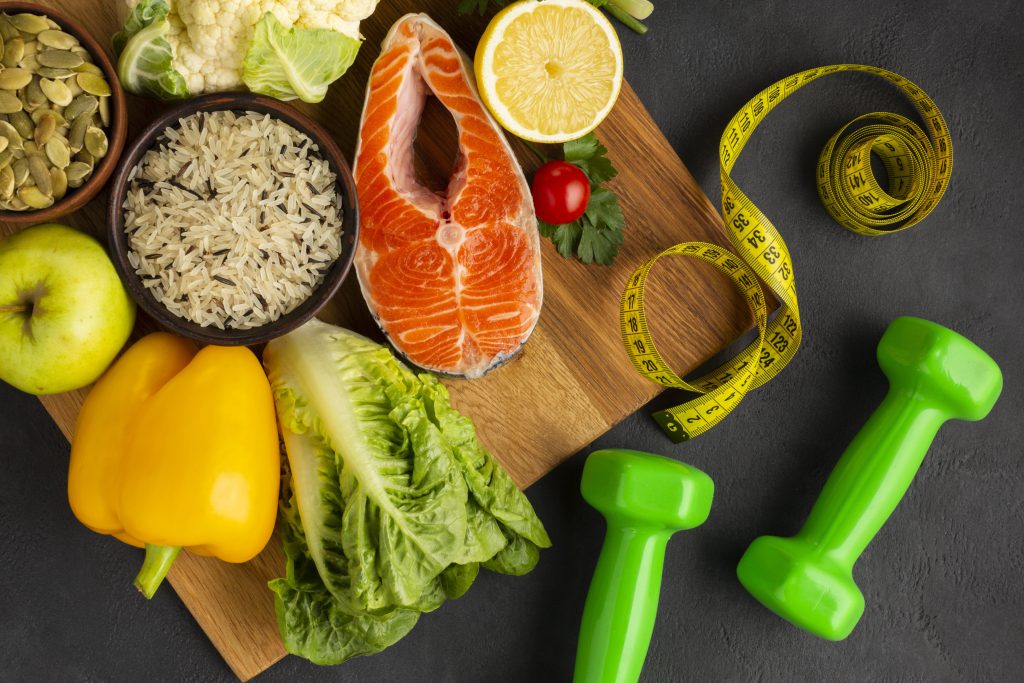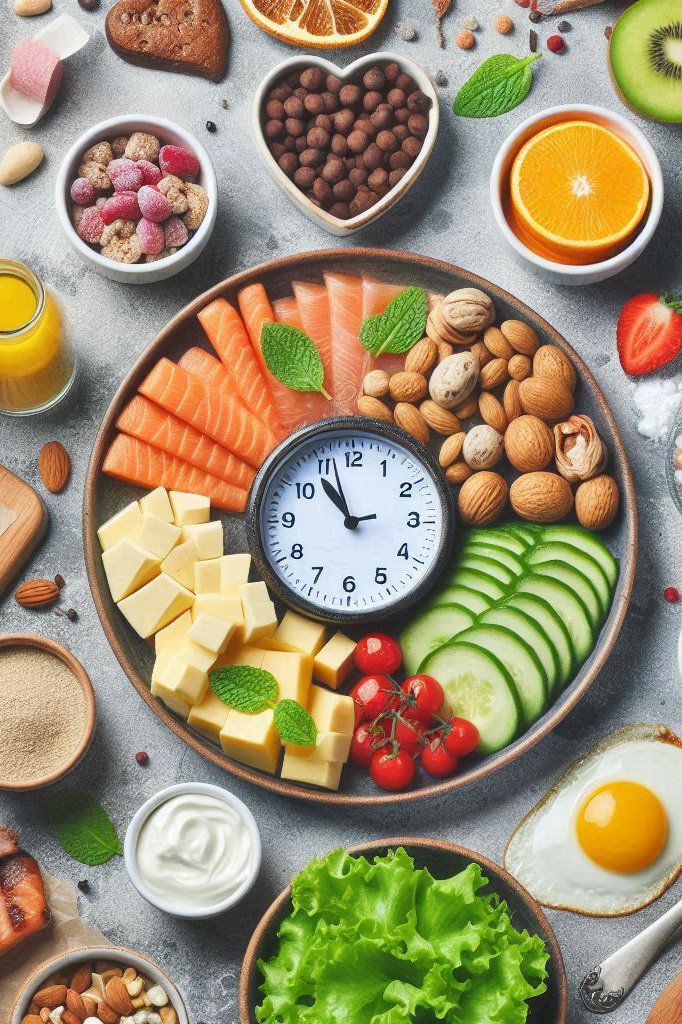Diet is a key element of any mass gain program. To gain muscle mass, it is essential to consume an adequate amount of quality calories and nutrients to support muscle growth.
However, it can be difficult to know what to eat and how much to eat to maximise mass gain results.
In this article, we’ll look at the basics of eating for mass gain to support muscle growth. Whether you’re a beginner or a long-time bodybuilder, this article will give you the tools you need to develop a healthy and effective mass gain diet.
What is mass gain?
Gaining mass is a phase of bodybuilding training in which the main objective is to gain muscle and body mass. This phase is usually followed by a period of muscle definition in which the goal is to reduce body fat while maintaining the muscle mass gained during the mass gain phase.
During the mass gain phase, bodybuilders seek to consume adequate calories and nutrients to support muscle growth and increase body mass. This often involves an increase in protein, carbohydrate and healthy fat intake, as well as regular and intense strength training.
Gaining mass can be an essential step for people looking to build muscle and strength, especially for athletes in strength sports such as weightlifting and powerlifting, as well as for bodybuilders. However, it is important to follow a balanced, quality diet to avoid excess weight and the health risks associated with poorly managed weight gain.
Our weight gain tips
1. Calculate your daily calorie intake:
To be successful in gaining mass, it is important to consume more calories than you burn. To do this, you must first calculate your daily calorie intake (how many calories you need to consume each day to maintain your current weight). You can use an online calorie calculator for this.
Once you have determined your daily calorie intake, you should add about 500 calories for optimal weight gain. However, it is important not to increase your calorie intake too quickly, as this can lead to excessive weight gain in fat rather than muscle.
It is also important to track your calorie intake using an app or food diary to ensure you are meeting your calorie target each day.
2. Get enough protein:
Protein is essential for muscle growth and repair, so if you want to build muscle mass, you need to consume enough protein. Quality protein sources include meat, fish, eggs, dairy products, legumes and nuts.
The recommended protein intake varies depending on your weight and level of physical activity, but it is generally recommended that you consume about 1.6 to 2.2 grams of protein per kilogram of body weight each day.
It is also important to spread your protein intake throughout the day, including protein in every meal and snack to maximise muscle protein synthesis.
3. Increase your carbohydrate intake:
Carbohydrates are the main source of energy for muscles, so if you want to increase your muscle mass, you need to increase your carbohydrate intake. Good sources of carbohydrates include fruits, vegetables, whole grains, legumes and sweet potatoes.
It is recommended that you consume about 2-3 grams of carbohydrate per kilogram of body weight each day, depending on your level of physical activity. It is also important to choose carbohydrates with a low glycaemic index (GI) to keep blood sugar levels stable and avoid blood sugar spikes.
It is also important to consume carbohydrates before and after training to maximise muscle recovery and replenish glycogen stores.
4. Include healthy fats in your diet:
Healthy fats are important for general health, but they also play a key role in muscle mass gain. Fats help regulate hormones that promote muscle growth and provide a source of energy for muscles.
Sources of healthy fats include avocados, nuts, seeds, vegetable oils and oily fish such as salmon and tuna. It is recommended to consume about 0.5 to 1 gram of healthy fat per kilogram of body weight each day.
It is important to note that not all fats are equal in terms of health. Trans fats and saturated fats should be avoided or consumed in limited amounts, as they can increase the risk of heart disease and other health problems.
5. Get enough protein:
Protein is the building block of muscle, so if you want to increase your muscle mass, you need to consume enough protein. Quality protein sources include meat, poultry, fish, eggs, dairy products, legumes and plant proteins such as soy and quinoa.
It is recommended that you consume about 1.6 to 2 grams of protein per kilogram of body weight each day to maximise muscle growth. It is also important to spread your protein intake throughout the day to ensure optimal absorption by the muscles.
Finally, it is important to choose lean protein sources to avoid excessive consumption of saturated fat and calories.


What foods are sources of protein?
- Meat: Meat is an excellent source of protein and nutrients for muscle growth. Lean meats such as chicken, turkey, beef and pork are healthy and recommended choices.
- Fish: Fish is also an excellent source of protein and nutrients for muscle growth. Oily fish such as salmon, tuna and mackerel are rich in omega-3 fatty acids, which have anti- inflammatory properties and can help reduce the risk of heart disease.
- Eggs: Eggs are another rich source of protein and nutrients for muscle growth. Whole eggs also contain healthy fats and essential vitamins.
- Pulses: Pulses are an excellent source of plant protein, fibre and nutrients. Beans, lentils and chickpeas are healthy and recommended choices.
- Vegetables and fruit: Vegetables and fruit are rich in vitamins, minerals and fibre, all of which are important for health and muscle growth. Green vegetables, carrots, peppers and berries are good choices.
- Nuts and seeds: Nuts and seeds are rich in healthy fats, protein and nutrients. Almonds, cashews, chia seeds and flax seeds are good choices.
By including these foods in your diet, you can provide your body with the nutrients it needs for effective muscle mass gain.





